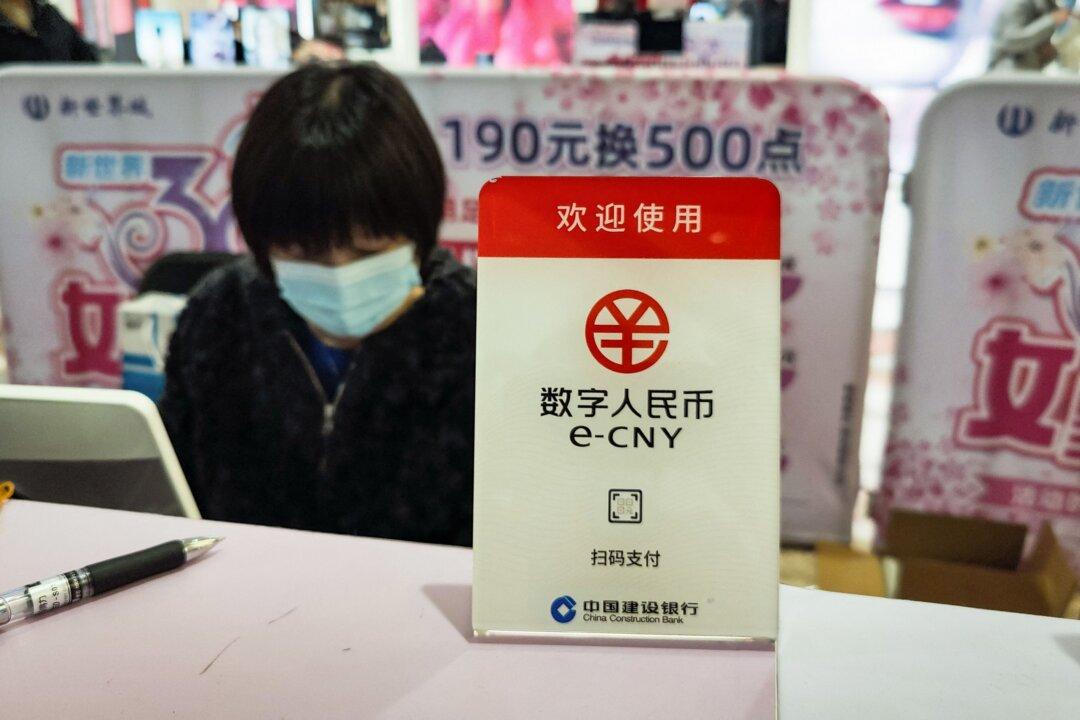The Chinese Communist Party (CCP) recently launched a new round of campaigns promoting its Central Bank digital currency, the digital renminbi, to further increase its use among the general public.
Experts warn that a digital, highly centralized version of the renminbi could further enhance the regime’s control over the Chinese citizens.





